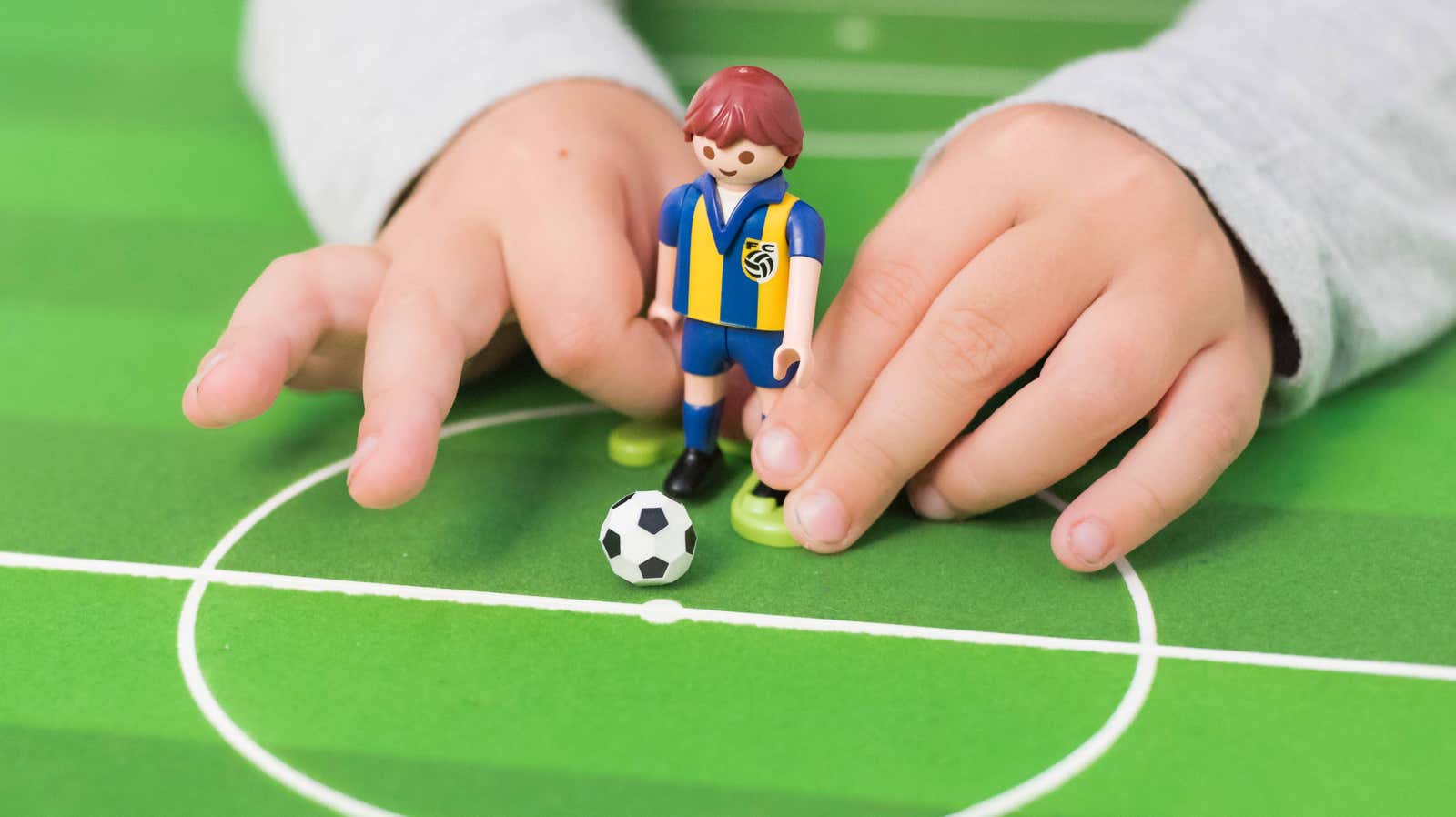Raise Your Child to Be Able to Solve Problems by Talking Less and Asking More Questions

The hardest parenting lesson I had to learn was to stop telling children what to do. It was much easier for me to give orders than to let them figure things out on their own. It took time and patience, which I did not have in abundance when my daughter and son were younger. The end result of this was two children who relied a lot on me when I told them what to do, when they needed to do it, and where they needed to be. They became experienced followers of the direction.
One day I came to the conclusion that they needed to take responsibility. But in order for them to do this, I would have to change my behavior. Are you familiar with the Hamilton soundtrack? Aaron Burr gives Alexander Hamilton this advice: “Talk less. Smile more. ” My parental advice is a variation on this: “Talk less. Ask for more. “
By talking less and asking more questions, I made my children listen, think, and solve problems on their own. Through trial and error, as a mom and as a teacher and life coach for teens and students with ADHD, I found the right questions.
“What’s your plan …?”
“What are your plans after dinner / this weekend / preparing for your math quiz when you get home from football so late?” This question will help your child start developing a sense of timing. For the most part, your child lives in two worlds: now and not now. It is very difficult for them to understand that what they should do later (during the day, week or month) can and should influence what needs to be done now.
This lack of “future awareness” is one of the hardest concepts to learn and one of the hardest to learn. This is the essence of time management. This question is a natural way for children to start creating routines and schedules and remember what they need to accomplish along the way.
“What do you need to do to …?”
This question will help your child create visual checklists for responsibilities such as preparing for football, getting ready for school, or taking out the trash. Another great question: ” What is the first step to start your science project / exam preparation / college essay writing?” If a child presents the whole picture at once, he may be overwhelmed and not sure where to start. You may also ask, “What are your priorities today?” is a question that requires the brain to do the hard work.
For younger children, use specific language to help them see what’s in front of them: “What do you need to do an hour / before lunch / after rehearsal?”
“How are you going to remember?”
Are you going to record this? To photograph? Write to yourself? The list is endless.
“What can get in your way?”
This question helps your child anticipate potential obstacles and plan ways to work around them. They may need to finish their project this weekend, but their little brother will have seven friends for their birthday sleepover. How will they work on this?
“What do you think is ‘done’?”
I love this question because if you have a child who is difficult to initiate, it helps to look at the end product and build a roadmap to achieve it.
And finally, “Tell me what you know?”
Use this every time they say “I don’t know” in response to a question. This gives you a starting point.
In other words, by asking, rather than telling, you are asking your children to solve some problems. Do this consistently and you will all start to receive rewards – more skills for them, less frustration for you.